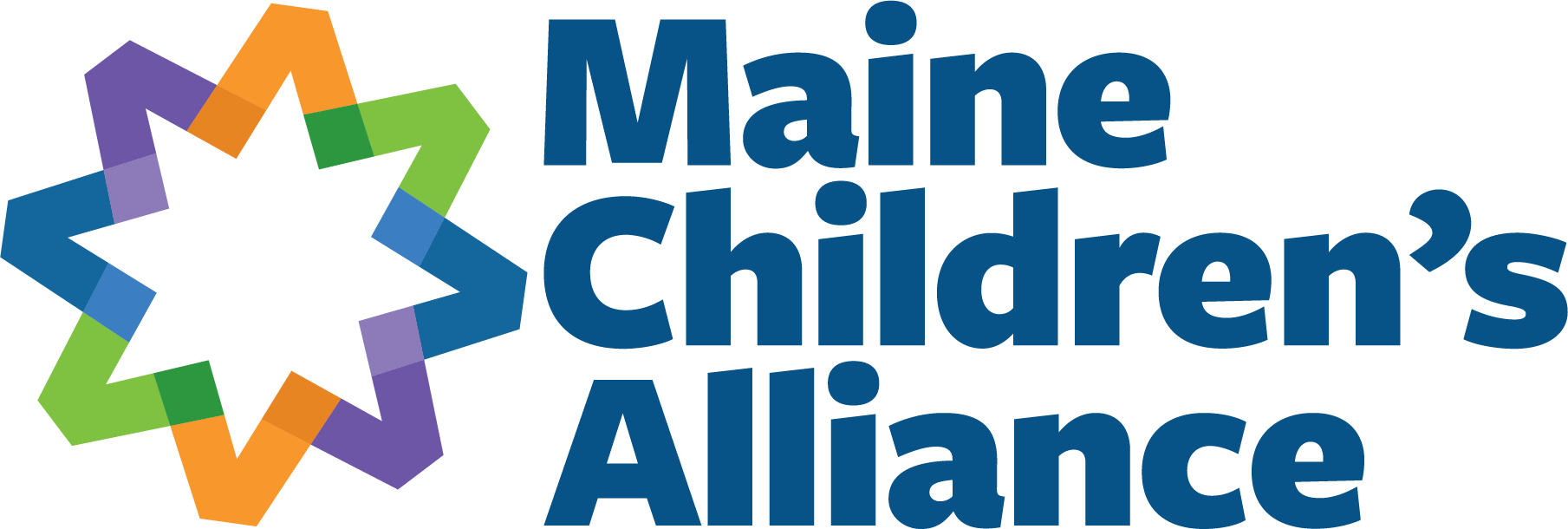Mainers have a long tradition of working together to solve tough problems. Right now, we face a significant, but solvable challenge of an inadequate early care and education (ECE) system. In fact, the problem is that it isn’t a “system” at all but a patchwork of programs of variable quality, affordability, and availability throughout the state. This creates inequities in opportunity both for children’s healthy development and the stability of our workforce. What can we do to support the needs of our modern workforce and ensure Maine has a professional and thriving early care and education system? In the following sections, we briefly describe the current challenges facing both families and providers, strategies to help repair our patchwork of programs throughout the state to create a true early childhood system, and what kinds of investments are required to build and sustain that system.

